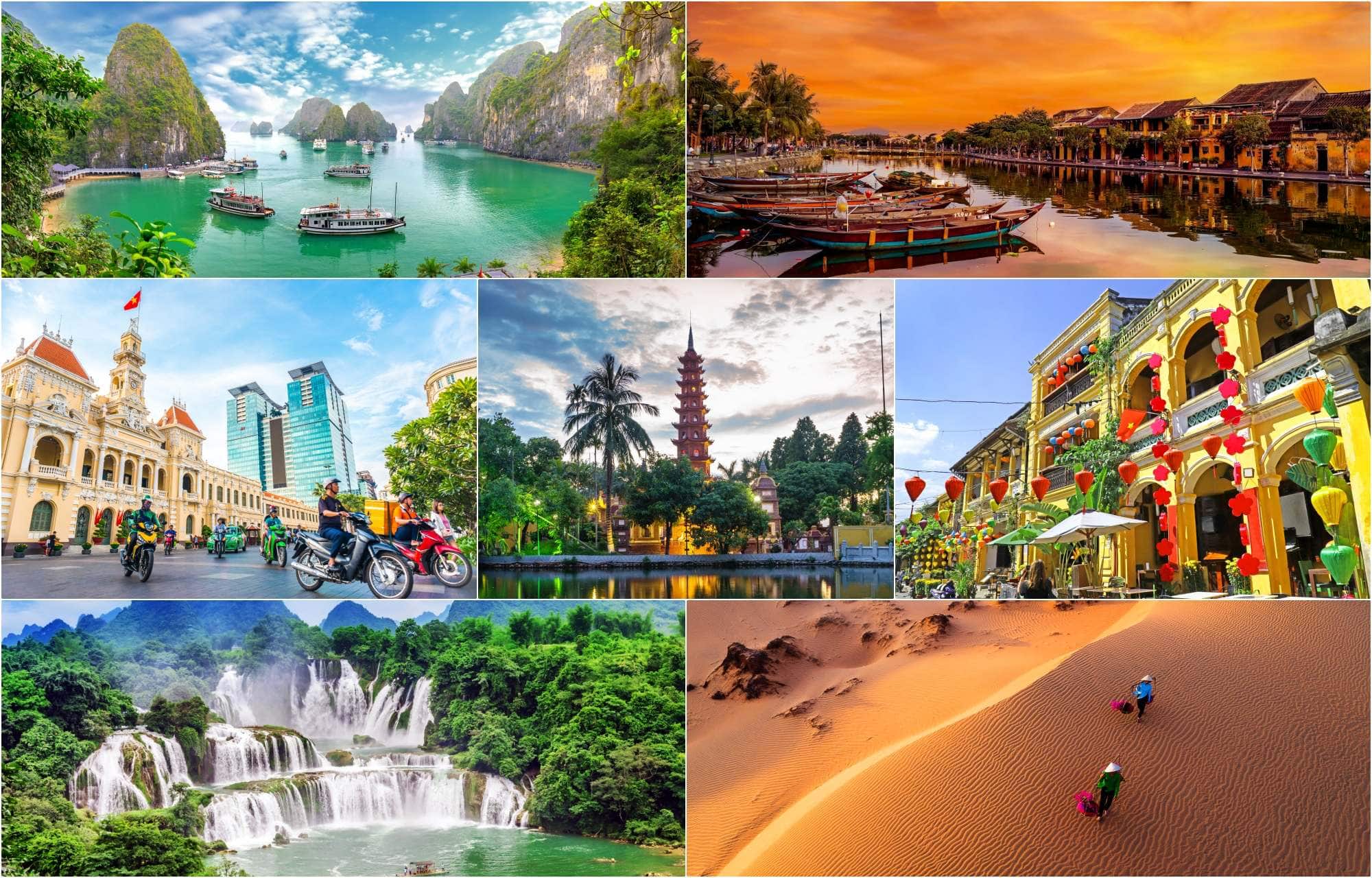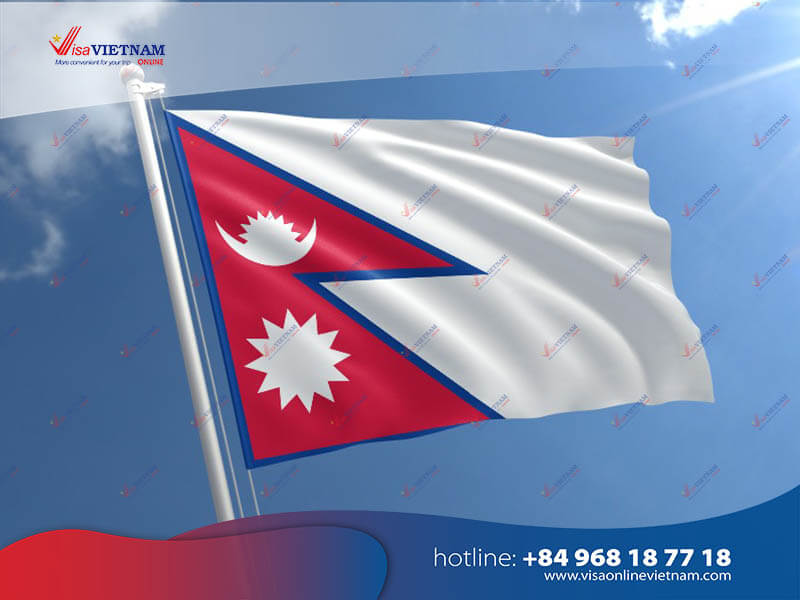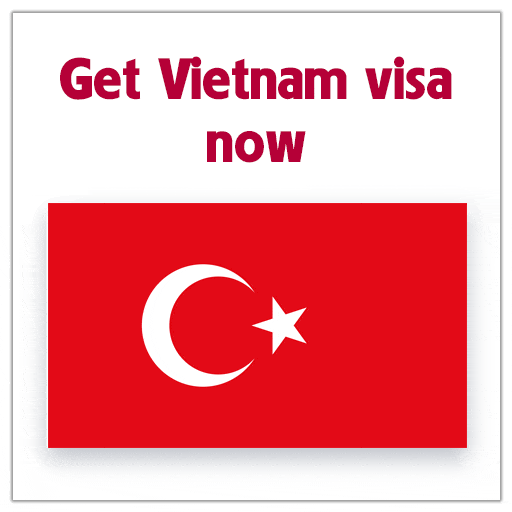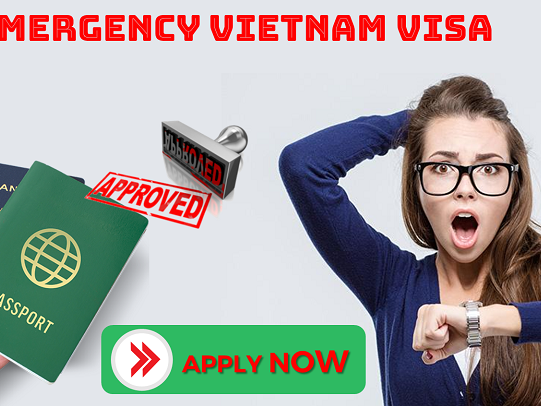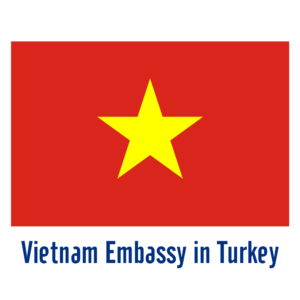Vietnam visa exemption is a game-changer for travelers seeking to explore this Southeast Asian gem without the hassle of traditional visa applications. This policy opens doors to Vietnam’s rich cultural heritage, breathtaking landscapes, and vibrant cities, making it easier than ever to experience all that this captivating country has to offer. Whether you’re planning a short getaway or an extended exploration, understanding Vietnam’s visa exemption policy is crucial for a smooth and stress-free journey.
Vietnam Visa Exemption
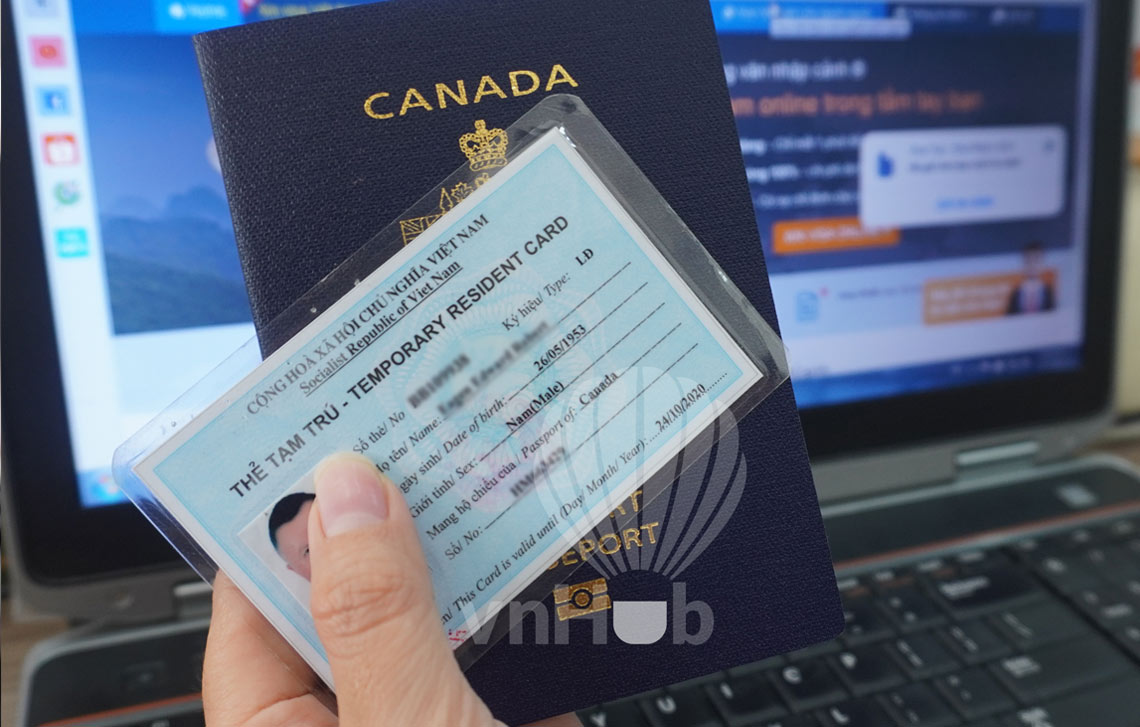
Vietnam’s visa exemption policy is a testament to the country’s commitment to fostering international tourism and cultural exchange. This initiative allows citizens of specific countries to enter Vietnam without obtaining a traditional visa, streamlining the travel process and encouraging more visitors to discover the country’s unique charm.
Understanding the Basics of Vietnam’s Visa-Free Policy
Vietnam’s visa exemption program is designed to simplify entry procedures for eligible travelers. The policy allows citizens from certain countries to stay in Vietnam for a predetermined period without the need for a visa. This initiative not only benefits tourists but also promotes business and cultural exchanges between Vietnam and participating nations.
The duration of stay under the visa exemption policy varies depending on the traveler’s nationality. Some countries enjoy a 14-day exemption, while others are granted up to 30 or even 90 days. It’s crucial to verify the specific terms applicable to your nationality before planning your trip.
The Evolution of Vietnam’s Visa Policies
Vietnam’s approach to visa regulations has undergone significant changes in recent years. The country has progressively relaxed its entry requirements to boost tourism and international relations. The current visa exemption policy reflects Vietnam’s strategic vision to position itself as a top destination in Southeast Asia.
This progressive approach has yielded positive results, with Vietnam experiencing a steady increase in international arrivals. The visa exemption policy has particularly benefited short-term visitors, business travelers, and those making stopovers in Vietnam.
Benefits of Vietnam’s Visa Exemption Program
The visa exemption policy offers numerous advantages for both travelers and Vietnam’s tourism industry. For visitors, it eliminates the time-consuming process of visa applications and associated fees. This convenience encourages spontaneous travel and repeat visits, contributing to Vietnam’s growing popularity as a tourist destination.
For Vietnam, the policy has led to increased tourism revenue and enhanced international relations. It has also positioned Vietnam as a more accessible destination compared to some of its regional neighbors, giving it a competitive edge in the global tourism market.
Overview Vietnam Visa Exemption
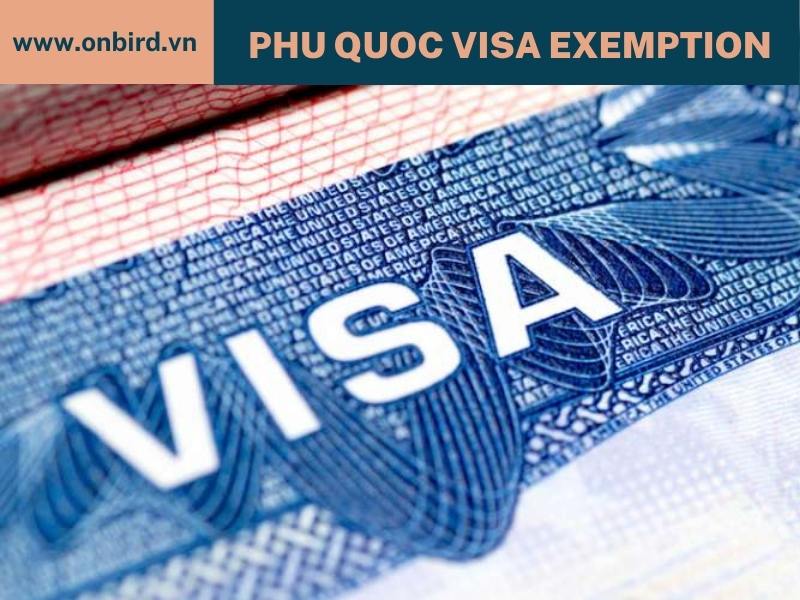
Vietnam’s visa exemption policy is a comprehensive framework that caters to various types of travelers. This section provides an in-depth look at the policy’s scope, eligibility criteria, and practical implications for visitors.
Scope and Coverage of the Visa Exemption Policy
The Vietnam visa exemption policy covers a wide range of nationalities, with specific terms varying by country. The policy applies to both tourism and business purposes, making it versatile for different types of travelers. However, it’s important to note that the exemption is typically limited to short stays, with longer visits requiring a traditional visa.
The policy also extends to certain transit passengers, allowing them to explore Vietnam during layovers without the need for a visa. This feature has made Vietnam an attractive option for travelers planning multi-country itineraries in Southeast Asia.
Eligibility Criteria for Visa Exemption
Eligibility for Vietnam’s visa exemption program is primarily based on nationality. The Vietnamese government maintains a list of countries whose citizens qualify for visa-free entry. This list is periodically updated, reflecting Vietnam’s evolving diplomatic relations and tourism strategies.
In addition to nationality, travelers must meet certain basic requirements to qualify for visa exemption. These include possessing a valid passport with sufficient blank pages and proof of onward travel. Some nationalities may also need to demonstrate proof of financial means during their stay.
Practical Considerations for Visa-Free Travel
While the visa exemption policy simplifies entry procedures, travelers should still be aware of certain practical considerations. It’s essential to verify the exact duration of stay permitted under the exemption and ensure compliance with all entry requirements. Overstaying the visa-free period can result in fines or other penalties.
Travelers should also be prepared to present supporting documents at immigration, such as hotel reservations or an itinerary. While not always required, having these documents readily available can facilitate a smoother entry process.
Who Will Use Vietnam Visa Exemption

Vietnam’s visa exemption policy caters to a diverse range of travelers, each with unique motivations for visiting the country. This section explores the various groups that benefit from this policy and how it enhances their travel experience.
Short-Term Tourists and Vacationers
The primary beneficiaries of Vietnam’s visa exemption policy are short-term tourists. These travelers often plan quick getaways to explore Vietnam’s famous landmarks, such as Ha Long Bay, Hoi An, and the Mekong Delta. The visa-free entry makes it easier for them to plan spontaneous trips or include Vietnam in multi-country Southeast Asian itineraries.
For many vacationers, the visa exemption policy is a deciding factor in choosing Vietnam as their destination. It eliminates the need for advance planning and paperwork, allowing them to focus on enjoying their holiday.
Business Travelers and Conference Attendees
Vietnam’s visa exemption policy is also valuable for business travelers attending meetings, conferences, or exploring investment opportunities. The streamlined entry process facilitates last-minute business trips and encourages more frequent visits by international professionals.
This aspect of the policy has contributed to Vietnam’s growing reputation as a hub for business and innovation in Southeast Asia. It has made it easier for foreign companies to establish and maintain operations in the country.
Transit Passengers and Stopover Travelers
The visa exemption policy has made Vietnam an attractive option for transit passengers and those planning short stopovers. Travelers can now explore Vietnam’s major cities during layovers without the hassle of obtaining a visa. This has led to increased tourism revenue from short-stay visitors who might otherwise have remained in the airport.
The policy has also encouraged airlines to offer more connecting flights through Vietnam’s international airports, boosting the country’s aviation sector.
When is Vietnam Visa Exemption

Understanding the timing aspects of Vietnam’s visa exemption policy is crucial for effective trip planning. This section delves into the temporal considerations of the policy, including its duration, validity periods, and seasonal implications.
Duration of Stay Under Visa Exemption
The duration of stay permitted under Vietnam’s visa exemption policy varies by nationality. Most countries enjoy a 15-day exemption, while some are granted up to 30 or even 90 days. It’s essential for travelers to be aware of their specific allowance to avoid overstaying and potential penalties.
The clock starts ticking from the moment of entry, and the exemption period cannot be extended. Travelers wishing to stay longer must apply for a traditional visa before their exemption period expires.
Validity and Renewal of Visa Exemption
Vietnam’s visa exemption policy operates on a specific renewal system. After using the exemption, travelers must wait a certain period before they can use it again. This waiting period varies by nationality and is designed to prevent abuse of the system.
Understanding these renewal rules is crucial for frequent travelers to Vietnam. It helps them plan their visits effectively and avoid any complications at immigration.
Seasonal Considerations for Visa-Free Travel
While the visa exemption policy is available year-round, certain seasons may be more advantageous for visa-free travel. The dry season, typically from November to April, is particularly popular for visa-exempt visitors. During this period, weather conditions are favorable for exploring Vietnam’s diverse landscapes and outdoor attractions.
Travelers should also consider major Vietnamese holidays and festivals when planning their visa-free trips. These events offer unique cultural experiences but may also result in higher travel demand and prices.
5 FAQs Vietnam Visa Exemption
This section addresses the most common questions and concerns regarding Vietnam’s visa exemption policy. It provides clear, detailed answers to help travelers navigate the policy effectively.
What Countries Are Eligible for Vietnam Visa Exemption?
Vietnam’s visa exemption policy applies to citizens of specific countries, with the list periodically updated by the Vietnamese government. The most recent list includes several ASEAN countries, European nations, and other strategic partners. Travelers should consult official sources or their nearest Vietnamese embassy for the most up-to-date information.
It’s important to note that eligibility can change, and some countries may have specific conditions or limitations. Always verify your eligibility before making travel arrangements.
Can I Extend My Stay Under the Visa Exemption Policy?
The visa exemption policy does not allow for extensions. Once the permitted stay period expires, travelers must leave Vietnam or face penalties. Those wishing to stay longer must apply for a traditional visa before their exemption period ends.
Planning your trip duration carefully is essential when using the visa exemption policy. Consider your itinerary and activities to ensure they fit within the allowed stay period.
What Documents Do I Need for Visa-Free Entry?
While the visa exemption policy simplifies entry procedures, travelers must still present certain documents. These typically include a valid passport with at least six months’ validity, proof of onward travel, and sometimes evidence of accommodation bookings.
Some nationalities may also need to show proof of sufficient funds for their stay. Having these documents prepared can ensure a smooth entry process.
Can I Re-enter Vietnam After Using the Visa Exemption?
Re-entry under the visa exemption policy is subject to specific rules. Generally, travelers must wait a certain period before they can use the exemption again. The waiting period varies by nationality and is designed to prevent continuous stays in Vietnam without a proper visa.
Frequent travelers should plan their visits accordingly and consider applying for a multiple-entry visa if they need to enter Vietnam multiple times within a short period.
Are There Any Restrictions on Activities Under Visa Exemption?
The visa exemption policy primarily covers tourism and certain business activities. However, there may be restrictions on specific types of work or long-term stays. Travelers planning to engage in employment or extended
Are There Any Restrictions on Activities Under Visa Exemption?
The visa exemption policy primarily covers tourism and certain business activities. However, there may be restrictions on specific types of work or long-term stays. Travelers planning to engage in employment or extended business operations should verify whether their activities fall within the permitted scope of the visa exemption. For example, while attending meetings or conferences is generally allowed, working or earning income in Vietnam typically requires a proper work visa.
It’s also important to note that visa-exempt travelers are not allowed to engage in activities that could be considered illegal or against Vietnamese laws. This includes any form of employment, volunteering, or long-term study. For such purposes, travelers must apply for the appropriate visa category.
Understanding these restrictions is crucial to avoid legal complications during your stay. Always consult with Vietnamese immigration authorities or legal experts if you’re unsure about the permissibility of your planned activities.
Conclusion
Vietnam’s visa exemption policy has significantly simplified travel for millions of visitors, making the country more accessible and attractive to tourists, business travelers, and transit passengers alike. By eliminating the need for advance visa applications, the policy has encouraged spontaneous travel and boosted Vietnam’s tourism industry.
However, it’s essential for travelers to fully understand the policy’s nuances, including eligibility criteria, duration of stay, and activity restrictions. Proper planning and awareness of the rules can ensure a smooth and hassle-free experience.
As Vietnam continues to evolve as a global travel destination, its visa exemption policy remains a key factor in its appeal. Whether you’re planning a short holiday, a business trip, or a stopover, this policy offers a convenient gateway to explore Vietnam’s rich culture, stunning landscapes, and vibrant cities. Always stay informed about the latest updates to the policy to make the most of your visit to this fascinating country.


